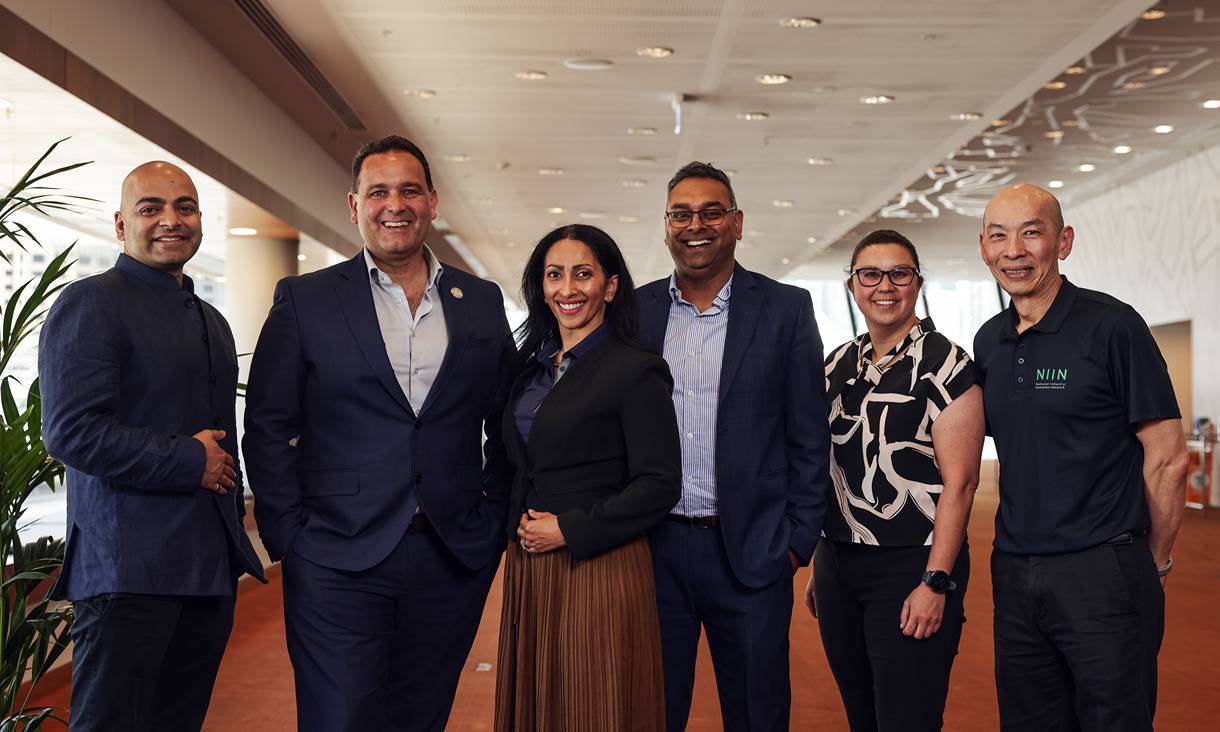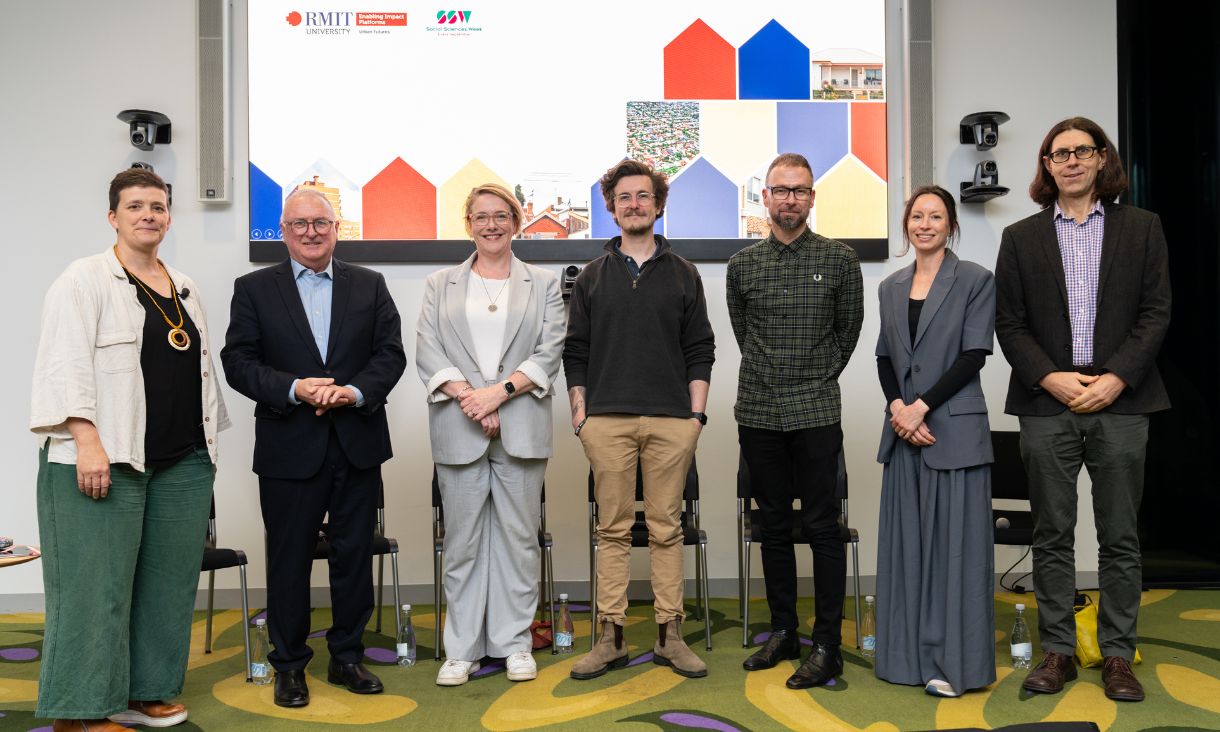Gender equailty
Dr Leonora Risse (0401 360 733 or leonora.risse@rmit.edu.au)
Topics: gender equality, women in the workforce, labour economics
“For a government that is all about jobs – and says it wants to restore women's workforce participation to record-high levels – this budget misses the mark on what is needed for this to happen.
“Despite the pandemic hitting female-dominated industries hardest and fastest, this budget allocated a mere $240.4 million over four years to initiatives to support women's job opportunities.
“Compare this to $14 billion for infrastructure. More money in this budget was allocated to the waste and recycling industry than allocated to women's work initiatives.
“With migration numbers drying up, the government really needs to step up to boost women's workforce participation, to not just return to pre-pandemic levels, but higher still.
“We have thousands of women who already have the skills and want to work more hours, but childcare costs make it too prohibitive. Reforming childcare affordability is a straightforward ticket to the economy's recovery.
“The pandemic proved how critical childcare is for working parents and the budget was a missed opportunity.
“The Morrison Government is spending big to jumpstart the economy, aiming to spur businesses to invest, promoting apprenticeships and skills, and incentivising employers to hire young workers.
“By bringing forward its planned tax cuts, the Government is putting a lot of faith in households to spend, rather than squirrel away, these extra dollars. That's a big ask, given the job insecurity that many Australians face. The uncertainty of the pandemic is prompting households to save a much larger fraction of their incomes, up from 6% to nearly 20%.
“With such massive government spending, people might worry about placing a burden on future generations to pay back such as large debt in the future. But massive government spending is what's needed right now to reignite the economy.
“The cost of borrowing is historically low and investments in our productivity will build our ability to repay that debt. Without this stimulus spending, we would be looking at an even more daunting future.
“We need to spend big. We just need to spend it smart and inclusively."
Dr Leonora Risse is a Lecturer in Economics at RMIT University, and a Research Fellow with the Women and Public Policy Program at Harvard University. She serves as the National Chair of the Women in Economics Network. Her research specialises on gender differentials in the workforce, the influence of social norms and psychological factors on economic outcomes, disadvantage, inequality and wellbeing.
The economy and social services
Emeritus Professor David Hayward (0416 174 833 or david.hayward@rmit.edu.au)
Topics: Australian economy, Victorian economy, social service sector, social policy, employment
“It’s a disappointing budget.
“The budget needed to invest heavily in the care economy — aged care, child care, disability, health, family violence and social housing.
“We could have built an integrated new economic powerhouse that is the envy of the world.
“But the Coalition chose to bet the chocolates on a coronavirus-stalled private economy instead, using optimistic assumptions as the foundation for its tax cuts and write-offs.
“If those optimistic assumptions don’t come to fruition, by this time next year we may have almost nothing to show for all that largesse.”
Emeritus Professor David Hayward is an economist and former Director of the Victorian Council of Social Service RMIT Future Social Service Institute. Before that, he was the Dean of RMIT’s School of Global, Urban and Social Studies for seven years. He has undertaken extensive research around the funding of social services and social policy and is a regular media commentator on budgets and politics.
Transport, infrastructure and planning
Professor Jago Dodson (0415 554 889, jago.dodson@rmit.edu.au)
Topics: infrastructure, transport, housing and metropolitan planning
“The impacts of COVID-19 have forced a rethink of our cities and the infrastructure that serves them. Gone is the pressure of reacting to rapid population growth.
“The focus must be on liveability and livelihoods with an acute focus on sustainability. This means delaying growth-driven road schemes like the North East Link or the Westgate Tunnel.
“Instead the funding emphasis should be on the huge deficits in local infrastructure, such as a metropolitan network of pedestrian paths and bike lanes connecting to local employment and services, including green open space.
“It's lazily easy to spend a billion dollars on a few large megaprojects when at least as much stimulus and transformation can be achieved through local interventions spread more broadly across our cities.
“Investment should also focus on built environment transformation, to a circular economy in waste, water and energy. And any infrastructure program needs an explicit social dimension through massive construction of environmentally efficient social housing.
“Lastly, we need investment into hubs of research and practice knowledge that support sustainability and productivity transformations in our cities and convey Australia's achievements to global audiences.”
Professor Jago Dodson is Director of the Centre for Urban Research at RMIT University. He has an extensive record of research into housing, transport, urban planning, infrastructure, energy and urban governance problems. He has authored more than 80 publications on urban topics, contributed to and commented on public debates about Australian cities and has advised national and international agencies on urban policy questions.
Arts and cultural sector
Dr Meg Elkins (0410 323 057 or meg.elkins@rmit.edu.au)
Topics: Arts and cultural sector funding
“There are opportunities available for artists in the 2020/21 budget. The $4 billion JobMaker Hiring Credit is where artists have the potential to team up with the Creative Industry Sectors to restart their careers.
“But many artists have fallen through the cracks for job support schemes due to the transient nature of work in the sector. It is these artists that face potentially career ending futures as artists.
“Fee rises in the creative arts courses and major cuts to creative sector courses at universities will devastate the next generation of artists.
“These impacts will have long lasting effects on the next generation of artists, with only those from more advantaged backgrounds able to afford to study the arts.”
Dr Meg Elkins is a Senior Lecturer in the School of Economics, Finance and Marketing at RMIT University and the Behavioural Business Lab. Her research interests include cultural and development economics, wellbeing and public policy evaluation.
***
For media enquiries, please contact RMIT Communications: 0439 704 077 or news@rmit.edu.au




